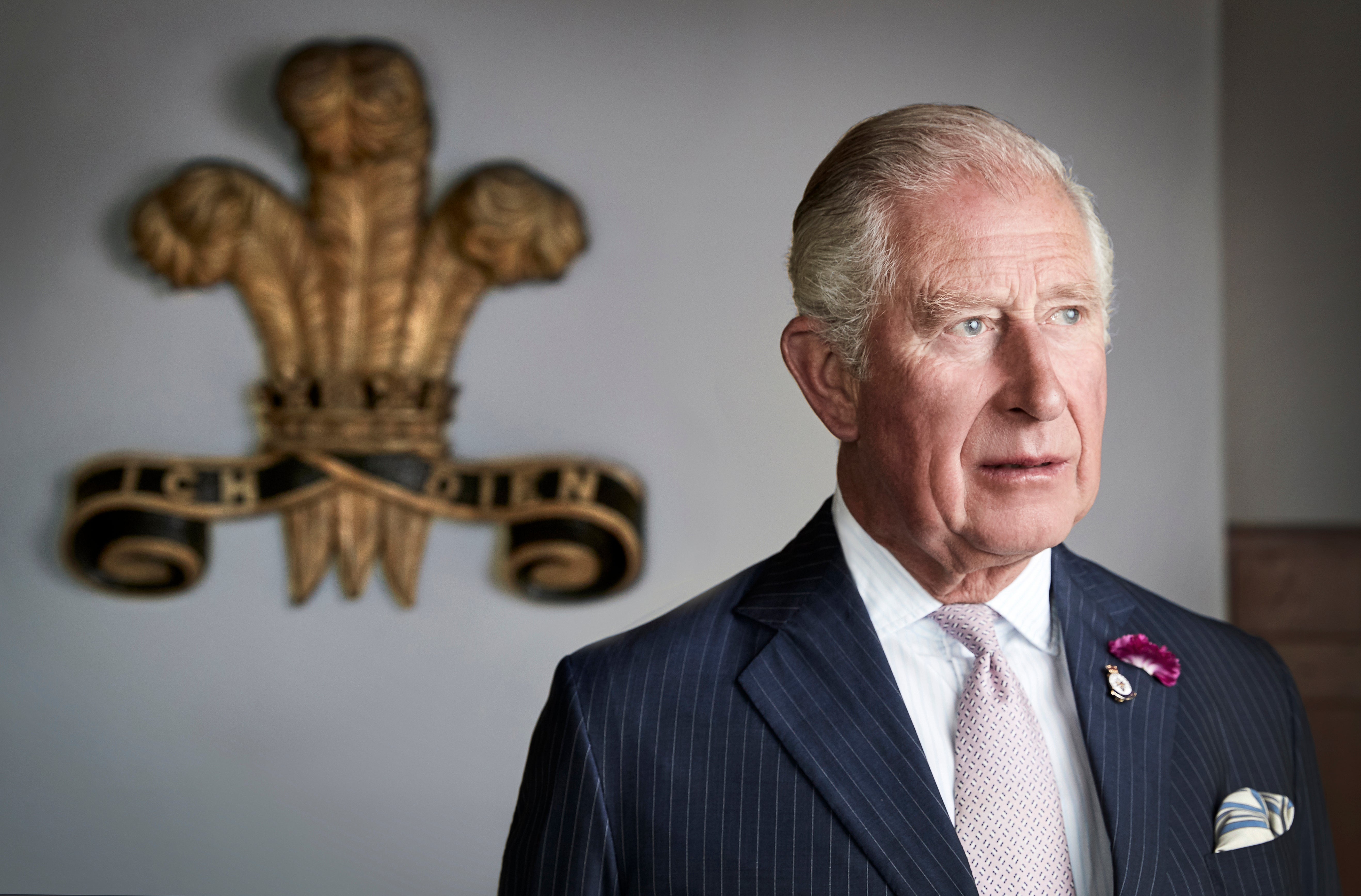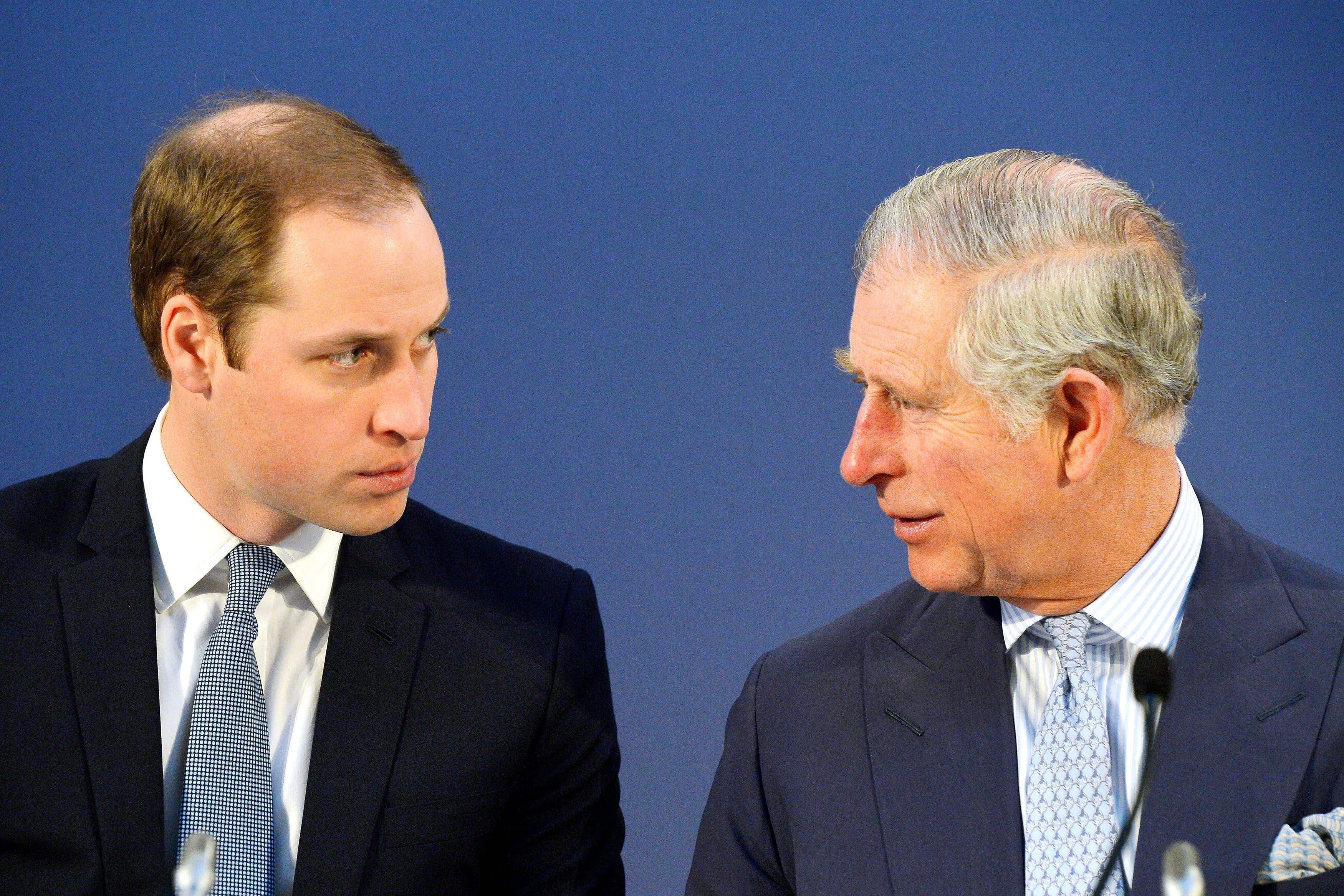What is a regency and how would King Charles transfer power to William?
Does this mean William would be King?
The King is being treated for cancer, the sovereign’s ill health has raised questions about whether there could be the need for a regency in the future.
If Charles was incapacitated, the Prince of Wales could be appointed Prince Regent through the Regency Act 1937, taking over the King’s duties.
However, Prime Minister Rishi Sunak has said the King’s cancer has been “caught early”, suggesting any prospect of a regency is unlikely at this stage.
If needed, it would be the first time in more than 200 years that the British monarchy has required a regency, with the last Prince Regent being the future George IV.

Here is an explanation of what a regency means, and how and why it would take place:
What is a regency?
A period of regency allows the King to transfer his powers as monarch to the Prince of Wales without having to abdicate.
Does this mean William would be king?
No. The King would still be the monarch and head of state.
But William would be able to perform royal functions in the name of and on behalf of Charles.
What would prompt a regency?
The Regency Act 1937 states that the monarch’s duties will be performed by a regent if the monarch is declared to be “by reason of infirmity of mind or body” incapable of performing royal functions, or if there is “evidence that the Sovereign is for some definite cause not available for the performance of those functions”.
This must be declared in writing by three or more out of the following: the sovereign’s wife the Queen, the Lord Chancellor, the Speaker of the House of Commons, the Lady Chief Justice and the Master of the Rolls.
Charles has no say and does not need to agree with their decision.
Why wouldn’t the King abdicate instead?
The abdication of the late Queen’s uncle Edward VIII in 1936 sparked a major constitutional crisis and the royal family has never forgotten its devastating impact.
The King made a “promise of lifelong service” in his first address to the nation when he became the monarch.

Why couldn’t the King just step aside?
The British monarchy is also a sacerdotal monarchy – as part of his coronation, the King went through a consecration ritual which is similar to the consecration ritual a priest goes through.
You can retire from being an active priest but you are still a priest until you die.
Edward VIII abdicated before he was crowned.
Why couldn’t William just act as a Counsellor of State?
A regency is a longer term solution than temporary Counsellors of State.
But Counsellors of State cannot perform certain core constitutional functions, such as Commonwealth matters, the dissolving of parliament, except on the King’s instruction, creating peers and appointing a prime minister.
Charles and William jointly performed the state opening of parliament in place of the late Queen as Counsellors of State in 2022.

Is a regency a permanent arrangement?
No. It is reversible. If a monarch’s health recovers or they become available to carry out their royal functions, the sovereign can resume their duties.
Who was the last Prince Regent?
The last regent was the future George IV who became Prince Regent through an ad hoc Regency Act in 1811 when his father George III was declared mentally unfit to be king.
The vain Prince Regent, famously characterised by Hugh Laurie in the sitcom Blackadder III, was known for his heady extravagance, which was a constant source of gossip.
He was an important artistic patron, acquiring an impressive collection of art and patronising architects and designers, and later commissioned the Royal Pavilion in Brighton to be built as his seaside pleasure palace.
He was regent for nine years before becoming king when his father died in 1820.
Are there laws already in place for a modern regency?
Yes. Permanent provisions were put in place through the Regency Act passed in 1937 in case a monarch became incapacitated or a sovereign was under the age of 18.
Princess Elizabeth was heir to the throne and only 11 years old in 1937.
Further Regency Acts were also passed in 1943, and later in 1953 to allow the Prince Philip, the late Duke of Edinburgh, to be regent if one was required and the Queen’s children were under the age of 18.
But future amendments to the legislation may be required because second in line to the throne Prince George is under the age of 18.
Options could include adding the Princess of Wales to the Regency Act as a potential regent in case anything happened to Charles and William before George became an adult.
How is a regency put in place?
A declaration has to be made to the Privy Council and communicated to the Government.
William would have to take an oath before the Privy Council in which he pledged to be faithful and bear true allegiance to the King, faithfully execute the office of Regent and govern according to law, and preserve the Church of Scotland.
Are there any limits to what William could do as a Prince Regent?
Yes. He would not be allowed to give assent to any Bill which changes the order of the succession to the throne.
He would also not be allowed to repeal or alter an Act made in Scotland entitled “An Act for Securing the Protestant Religion and Presbyterian Church Government”.
The 1707 Act ensured in pre-Union Parliament of Scotland that the status of the Church of Scotland is not be affected by the Union with England.
Would the prince be Prince Regent of the 14 other nations where the King is head of state?
No. Constitutional expert Professor Vernon Bognador has said previously it would be up to these countries to make their own arrangements.
Join our commenting forum
Join thought-provoking conversations, follow other Independent readers and see their replies
Comments
Bookmark popover
Removed from bookmarks